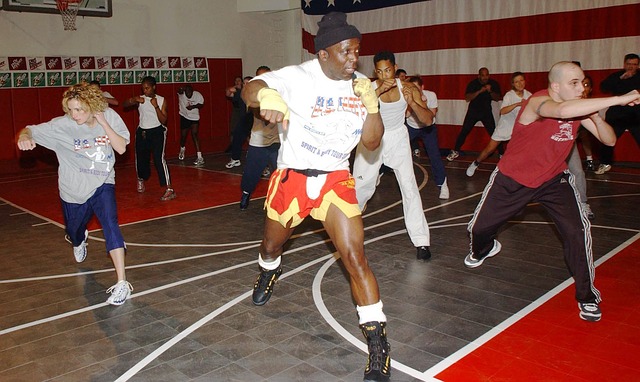• Simple sentences
These are sentences that have only one independent clause. An independent clause has one or more subjects, a single verb and usually some other words.
Examples:
John saw a strange man near the entrance.
In the new year my wife and I intend to get better jobs.
Other kinds of simple sentences are:
• Passive voice:
Examples:
A strange man was seen near the entrance.
The library was built over a hundred years ago.
• Sentences with subject-verb inversions
• Starting with negative words:
Examples:
Not once has he studied adequately for a test.
Rarely does the professor change a student’s marks.
• Starting with limiting words
Examples:
Little does he know about astronomy.
Only once was she late for class.
• Starting with prepositional phrases of location
Examples:
On his desk was the first draft of his term paper.
Off the coast of B.C. lie the Queen Charlotte Islands.
• Compound sentences
These are sentences that have two or more independent clauses. Between the two clauses is one of these conjunctions: for, and, nor, but, or, yet, so, or a semicolon ( ; ). With and, but, or the second clause doesn’t have to have a subject if it’s the same as the subject in the first clause.
Examples:
Peter was pleased with his results on the test, for he had studied many hours for it.
We decided to go to the park and have a picnic.
I am not buying her a present, nor am I going to her party.
Note: After nor, the subject and verb are inverted.
Jack was tired, but he finished all his homework before bedtime.
She‘s studying at her friends house, or she‘s in the library.
Everything was quiet, yet there was an excitement in the air.
Cindy got promoted at work, so she and her friends went out to celebrate.
The professor was very pleased; all of the students were present and on time.
Special kinds of compound sentences are
• Sentences with paired conjunctions
Not only/but also:
Examples:
Not only is she a good athlete, but she is also a scholar.
Note: When not only starts the sentence, the subject and verb that follow are inverted.
She not only writes poetry but she also composes songs.
Either … or:
Examples:
Either I’m going to pass all my courses, or I’m going to die trying.
I’m going to either pass all my courses or die trying.
Neither … nor:
Examples:
Neither is the team prepared for, nor is it capable of winning the game.
Note: When neither starts a sentence, the subject and verb that follow are inverted.
He will neither fly nor will he take the train to visit his sister.
• Proportional sentences:
Examples:
The harder Jack works, the better his grades are.
The more fried food I eat, the fatter I get.
• Complex sentences
These are sentences that have one independent clause and one or more dependent clauses. These dependent clauses could be adverb clauses, adjective clauses, or noun clauses, all of which start with markers.
Examples:
Jack went to bed before he finished all his homework.
Jack went to bed early, which was unusual for him.
What Jack told me was a secret.
Special kinds of complex sentences are conditional sentences.
• Conditional sentences
These are sentences that have an “if” clause (adverb clause) and an independent clause.
Examples:
If Jack doesn’t finish his homework, the teacher will be disappointed.
If Jack didn’t finish his homework, the teacher would be disappointed.
If Jack hadn’t finished his homework, the teacher would have been disappointed.
Another special kind of complex sentence is one with subject-verb inversions
• Starting with negative words:
Example:
No sooner had he arrived when everybody shouted, “Happy birthday.”
• Starting with “so”
Examples:
So great was his interest in medicine that he studied day and night.
So far did he have to walk to school that he was always tired in class.
• Compound-complex sentences
These are sentences that have two or more independent clauses and one or more dependent clauses.
Examples:
Jack was very tired when he went to bed, so he didn’t get up until noon.
As soon as she gets home from work, she kicks off her shoes and lies on the sofa.
Your Score:
Your Ranking:
© 2013 Ambien Malecot









